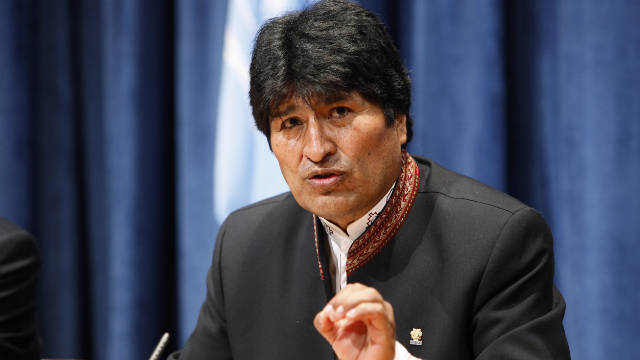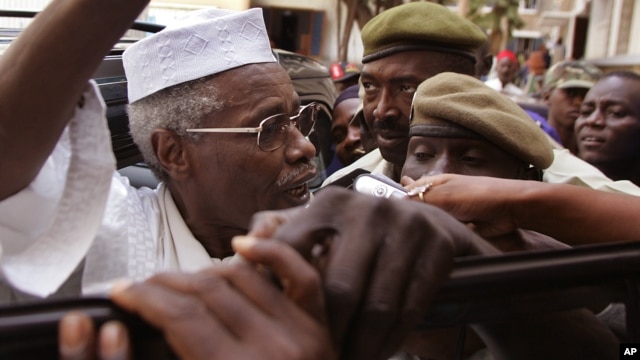By Brendan Oliver Bergh
Impunity Watch Reporter, South America
SUCRE, Bolivia – A packed judiciary made their decision this week, despite constitutional restrictions, President Evo Morales would be able to seek a third term as President of Boliva.

Following other Latin American leaders on the right and left, the Bolivian supreme court announced that despite term limits set forth by the Bolivian constitution, President Morales would be eligible to seek a third 5 year term after his current term expires. The language of the constitution allows that a Presidential candidate may only seek re-election once. However Supreme Court ruled that despite this being Morales second attempt at re-election, his first would not count as this was a new ratified constitution, that differed from the ones that were in place when Morales sought his initial term, and its subsequent re-election. Indicating that next year’s vote will be legally counted as Morales’ first re-election.
Opponents are claiming foul play are in order. The new constituoon was ratified via referendum in 2009, which lead many at the time to question whether Morales would attempt to circumvent the resitrictions. Insiders say that the constitution was only ratified because of a promise that Morales would not attempt to run for a third term. As for the court decision, opposition leader Samuel Doria Medina of the National Unity party accused the Morales government of stacking the judiciary in a way that favored Morales’ policies.
After the Constitutional Courts statement, the Senate of Bolivia immediately passed the Law Enforcement Legislation which would allow Evo Morales on the bill for the December 2014 Presidential election. The bill was passed quite quickly and is likely to be ratified by the parliamentary majority supporting Morales.
Should Morales win, he will be the longest sitting President in Andean politics, and be the longest sitting ruler in Bolivian history
For more information, please see:
La Republica – Evo Morales: Senate Approves Bill Allowing third Candidacy – 7 May 2013
Financial Times – Boliva court Clears Evo Morales’ bid To Run For Third Term – 30 April 2013
CNN – Court Clears Path For Bolivia’s Morales to Run For 3rd Term – 30 April 2013
Reuters – Court Allows Bolivia’s Morales To Seek Second Re-Election – 29 April 2013



